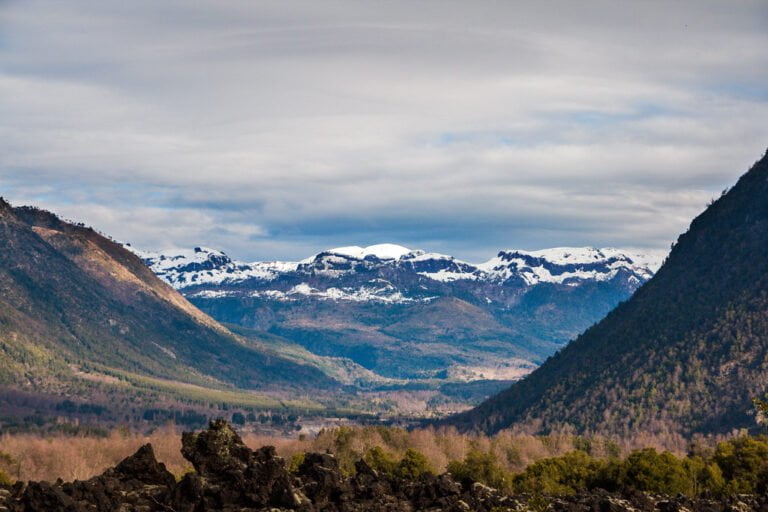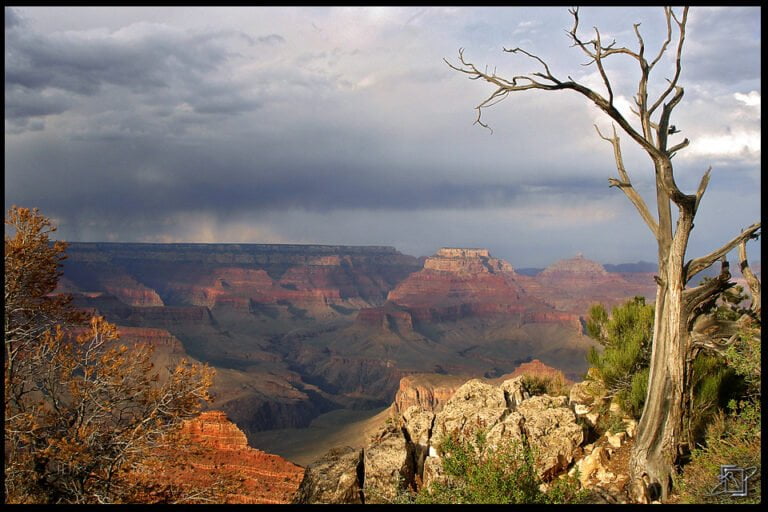How Safe Is Backpacking Central America?
Backpacking through Central America can be a rewarding adventure, but it's essential to acknowledge the region's complex safety landscape. Organized crime, petty theft, and natural disasters pose risks, while health concerns like Zika, dengue, and contaminated water require precautions. Researching local conditions, staying informed about current events, and exercising caution can mitigate risks. Being mindful of surroundings, keeping valuables secure, and avoiding traveling alone at night can further reduce vulnerability. With careful planning and awareness, backpackers can navigate these challenges and have a successful trip. By understanding the regional nuances, travelers can better prepare for a safe and enjoyable journey ahead.
Understanding Regional Crime Trends
As you plan your backpacking adventure through Central America, it's essential to understand the regional crime trends that can impact your safety and security. Organized crime, gang activity, and petty theft are prevalent in many areas, with tourists often being targeted. Drug trafficking and human smuggling also contribute to the region's crime landscape. It's vital to be aware of these trends to take necessary precautions. Researching local conditions, staying informed about current events, and exercising caution in crowded areas or at night can help mitigate risks. Additionally, being mindful of your surroundings, keeping valuables secure, and avoiding traveling alone at night can further reduce your vulnerability to crime. By understanding these regional trends, you can better prepare yourself for a safe and enjoyable backpacking experience in Central America.
Country by Country Safety Breakdown
While regional crime trends provide a broad understanding of the safety landscape in Central America, it's just as vital to drill down into the specific risks and concerns associated with each country to guarantee a well-informed and safe backpacking experience. In Belize, for instance, gang violence and drug trafficking are primary concerns, particularly in urban areas. Guatemala, meanwhile, struggles with high levels of violent crime, including murder and kidnapping. Honduras faces similar challenges, with organized crime and gang activity prevalent in major cities. El Salvador's homicide rate remains high, while Nicaragua's political unrest and protests pose a risk to tourists. Costa Rica and Panama, by contrast, are generally considered safer, with lower crime rates and a stronger police presence.
Petty Theft and Scams to Watch
Beneath the surface of Central America's safety concerns lies a pervasive threat that can quickly deplete a backpacker's resources: petty theft and scams, which can be just as debilitating as violent crime. These crimes are often opportunistic, targeting unsuspecting tourists in crowded areas, public transportation, and popular tourist spots. To avoid falling prey, it's essential to be aware of common scams and take necessary precautions.
- Pickpocketing in crowded markets and buses, often by children or women with babies
- Overpriced or fake taxis at airports and bus stations, targeting weary travelers
- Friendly locals offering to "help" with directions or exchange rates, only to demand money or valuables in return
Natural Disaster Risks and Precautions
Central America's unique geography, spanning the intersection of three tectonic plates, makes it prone to devastating natural disasters, including earthquakes, hurricanes, and volcanic eruptions, which can have a significant impact on backpackers' travel plans. To mitigate risks, research the region's seismic and hurricane seasons, and sign up for natural disaster alerts from your government or reputable sources. Pack essential items like a first-aid kit, water purification tablets, and a portable charger. Stay informed about local weather forecasts and evacuation procedures. Be prepared for power outages and disruptions to transportation and communication services. Consider purchasing travel insurance that covers natural disasters, and have a plan for emergency situations. By being aware of the risks and taking necessary precautions, backpackers can minimize the impact of natural disasters on their Central American adventure.
Health and Medical Concerns
In addition to preparing for natural disasters, backpackers should also be mindful of the region's unique health and medical concerns, which can pose significant risks to travelers who are not adequately prepared. Central America's tropical climate and varying sanitation standards can lead to a range of health issues.
- Zika, dengue, and chikungunya: Mosquito-borne illnesses are prevalent in Central America, and travelers should take necessary precautions such as using insect repellent, wearing long-sleeved clothing, and staying in air-conditioned or screened areas.
- Waterborne illnesses: Contaminated water can lead to illnesses like cholera, E. coli, and giardiasis. Travelers should drink bottled or filtered water, avoid consuming raw fruits and vegetables, and avoid swimming in questionable water sources.
- Heat exhaustion and dehydration: The tropical climate can quickly lead to heat-related illnesses. Travelers should stay hydrated, take regular breaks in shaded areas, and avoid strenuous activities during peak heat hours.
Border Crossing Safety Considerations
Six border crossings separate the seven countries of Central America, each presenting unique safety considerations that backpackers must be aware of to guarantee a smooth and trouble-free journey. Research is key to understanding the specific requirements for each crossing, including visa fees, required documents, and restricted items. Be prepared for varying levels of bureaucracy and potential language barriers. It's essential to stay vigilant and keep valuables secure, especially in crowded border towns. Consider joining a shuttle or tour group to alleviate the stress of traversing complex crossing procedures. Additionally, stay informed about any travel advisories or restrictions in place, and plan accordingly to safeguard a safe and successful border crossing experience.
Safety in Urban Vs Rural Areas
While traversing the complexities of border crossings, backpackers must also be mindful of the varying safety dynamics that exist between urban and rural areas, where differing levels of petty crime, traffic congestion, and local knowledge can greatly impact their travel experience.
In urban areas, such as San José, Costa Rica, or Antigua, Guatemala, safety concerns often revolve around petty theft, pickpocketing, and scams. Backpackers should be cautious of crowded markets, bus stations, and tourist hotspots.
- Urban areas often have a stronger police presence, making it easier to report incidents and receive assistance.
- Rural areas, on the other hand, may have limited resources and infrastructure, making it more challenging to access medical care or report crimes.
- In rural areas, backpackers may be more likely to encounter wildlife, such as snakes or spiders, and should take necessary precautions when hiking or camping.
Solo Traveler Safety Tips
Traveling solo in Central America requires extra vigilance, as solo backpackers may be more vulnerable to scams, theft, and other safety concerns, making it essential to research and prepare thoroughly before setting out on their journey. To minimize risks, solo travelers should stay informed about local conditions, avoid traveling at night, and keep valuables secure. It's also vital to make digital copies of important documents and leave them with a trusted friend or family member. Additionally, consider registering with your government's travel advisory program to stay updated on local safety alerts. By taking these precautions, solo backpackers can reduce their risk of encountering safety issues and have a more enjoyable, stress-free journey in Central America.
Local Customs and Cultural Awareness
As you navigate the vibrant streets and markets of Central America, it's just as vital to respect and adapt to local customs and cultural norms, which can greatly enrich your backpacking experience and foster meaningful connections with the people you meet. By being mindful of cultural differences, you can avoid unintentionally offending locals and create a more positive atmosphere.
- Dress modestly when visiting churches or rural areas, and avoid revealing clothing that may be considered inappropriate.
- Remove your shoes when entering homes or temples, as a sign of respect.
- Learn a few basic phrases in Spanish, such as 'gracias' (thank you) and '¿cuánto cuesta?' (how much does it cost?), to show your appreciation for the local culture.
Staying Informed and Connected
Throughout your Central American adventure, staying informed and connected is crucial to traversing unfamiliar territories, accessing essential information, and staying in touch with family and friends back home. Invest in a reliable phone plan or portable Wi-Fi hotspot to stay online. Download essential apps like Google Translate, Maps.me, and Duolingo to navigate language barriers and find your way. Stay up-to-date with local news, weather forecasts, and travel advisories through official government websites and reputable sources. Consider purchasing a local SIM card or portable power bank to guarantee you stay connected in remote areas. By staying informed and connected, you'll be better equipped to handle unexpected situations and make the most of your Central American backpacking experience.


